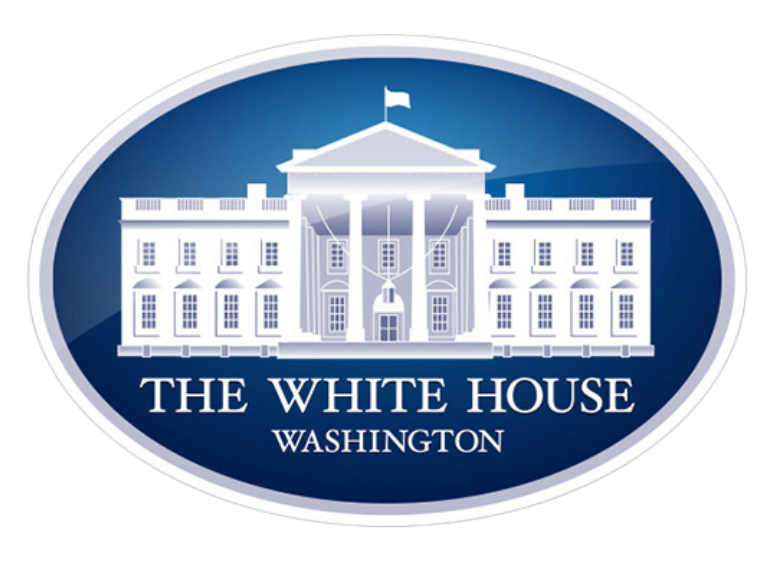By Pamela Shaw, Biosciences & Bioinformatics Librarian
 On August 25, 2022, the White House Office of Science and Technology Policy (OSTP) issued a memorandum (commonly known as the “Nelson memo”), which updated policy guidelines and requires all federal agencies to update their public access policies by December 31, 2024; and “to make publications and their supporting data resulting from federally funded research publicly accessible without an embargo on their free and public release” by December 31, 2025.
On August 25, 2022, the White House Office of Science and Technology Policy (OSTP) issued a memorandum (commonly known as the “Nelson memo”), which updated policy guidelines and requires all federal agencies to update their public access policies by December 31, 2024; and “to make publications and their supporting data resulting from federally funded research publicly accessible without an embargo on their free and public release” by December 31, 2025. This is a major change to publication practices and will impact authors’ repository rights.
What does this mean?
Upon signing a federal grant agreement, an investigator has copyright to their publications arising from the award, and the funding agency reserves the right to authorize the authors to deposit manuscripts to their funder-designated repository immediately upon publication.
What rights does the author have?
The Federal Purpose License gives authors copyright of their works before and above any publisher agreement. Authors have the right to notify a publisher upon signing an author agreement that they have federal funding and therefore retain the right to deposit a version of their manuscript immediately upon publication.
Common rights retention issues for authors
Despite the rights granted through the Federal Purpose License there are a few common issues that authors experience throughout the publication process. An author may not know that the Federal Purpose License gives them copyright of their works and sign an author agreement that relinquishes copyright to the journal or publisher. Publishers may refuse to publish the manuscript if an author tries to negotiate for this right. Some publishers will try to convince authors that if they pay a fee (often a very large fee) to the journal to make their paper available as “early open access” at the journal’s site, and that this will satisfy federal law—it doesn’t. Or publishers will offer to deposit the manuscript to the agency-mandated repository, also for a large fee.
A concerted effort
 In an effort to help authors navigate the murky waters of public access and journal copyright negotiations, several academic institutions, consortia and alliances collaborated at the 2024 Spring event, The Right to Deposit: Uniform Guidance To Ensure Author Compliance and Public Access. Attendees discussed the Federal Purpose License and how it must be endorsed by all federal funders and university Open Access policies, to help authors retain their rights. Authors need support and advocacy from their institutions and their funding agencies to help them comply with these policy changes and communicate with publishers. Several universities have open access policies and negotiate for their authors. At Northwestern, we do not have an open access policy, but we belong to the Big Ten Academic Alliance, which is striving to craft guidance for authors at alliance institutions.
In an effort to help authors navigate the murky waters of public access and journal copyright negotiations, several academic institutions, consortia and alliances collaborated at the 2024 Spring event, The Right to Deposit: Uniform Guidance To Ensure Author Compliance and Public Access. Attendees discussed the Federal Purpose License and how it must be endorsed by all federal funders and university Open Access policies, to help authors retain their rights. Authors need support and advocacy from their institutions and their funding agencies to help them comply with these policy changes and communicate with publishers. Several universities have open access policies and negotiate for their authors. At Northwestern, we do not have an open access policy, but we belong to the Big Ten Academic Alliance, which is striving to craft guidance for authors at alliance institutions.
The update to the Federal Purpose License provides a way for authors to comply with immediate public access requirements. At Galter Library, we are working to help our authors understand and comply with the coming changes to public access policies. Visit our list of GalterGuides related to open access for additional information and updates. We are making changes to the NIH Public Access Policy guide as more information is released by the NIH.
Updated: July 10, 2024